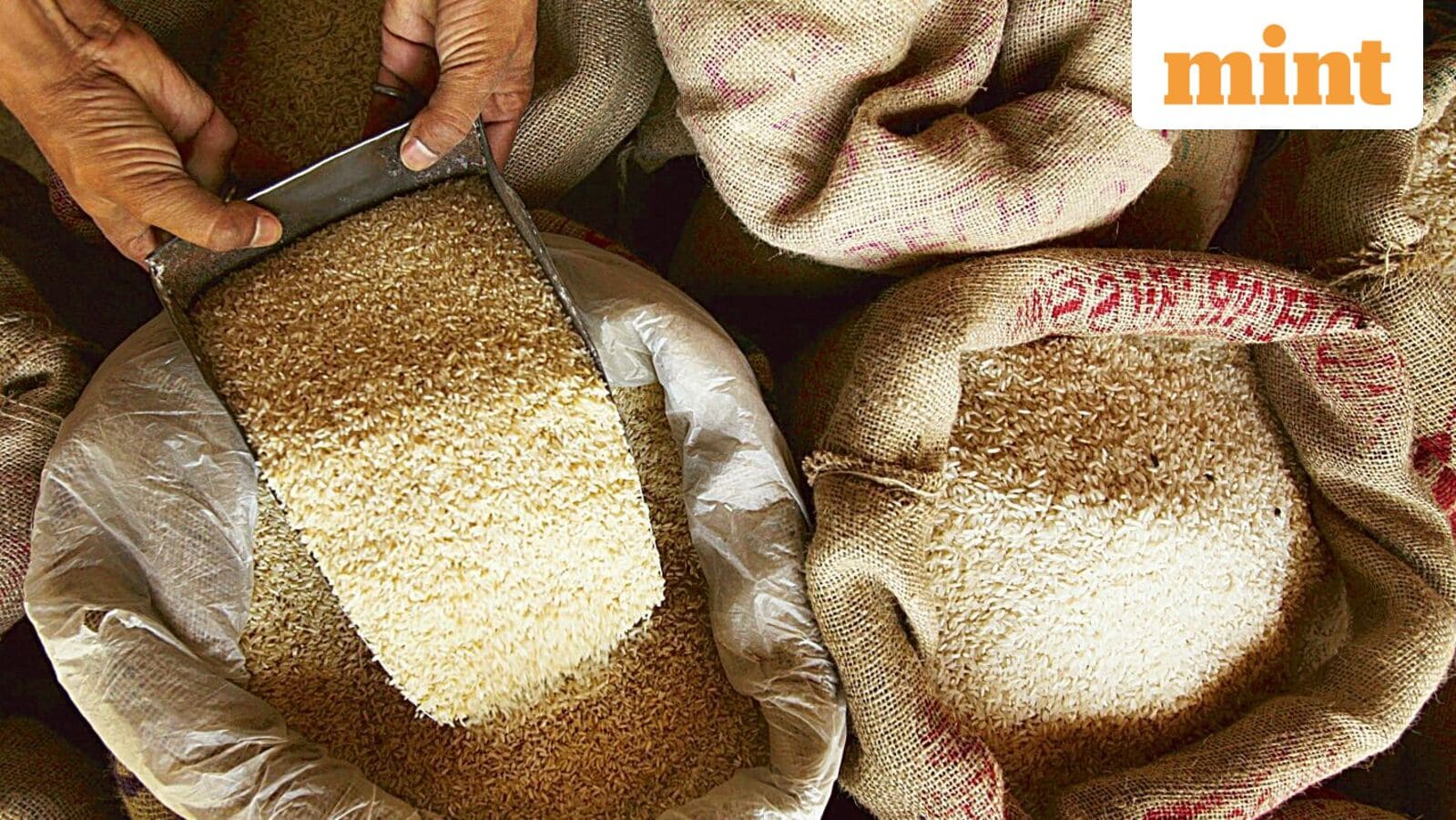According to a government notification issued on 4 October, exporters will no longer require the mandatory Certificate of Inspection from the Export Inspection Council (EIC) or its agencies for consignments headed to European countries outside the EU, the UK, and the four-nation bloc EFTA (European Free Trade Association)—comprising Iceland, Liechtenstein, Norway and Switzerland. EIC is a body under the ministry of commerce that assures quality of exports.
The exemption will be in force for six months, until 2 April 2026, and will benefit exporters targeting markets such as Turkey, Serbia, Bosnia and Herzegovina, Ukraine, Moldova, and other non-EU, non-EFTA European destinations.
Explaining the objective behind the move, a senior government official said that the relaxation in mandatory certification for non-EU members would help Indian exporters tap new markets and enhance export opportunities.
The relaxation in certification norms also aligns with the harvesting of paddy, which generally begins in the first week of October. As per government estimates, the production of paddy is expected to reach a record 151 million tonnes in 2025-26.
The government’s move is designed to reduce compliance costs and speed up shipments at a time when exporters are looking to expand into alternative geographies, the official cited above said.
The certificate of inspection is a document that certifies the safety, and quality of export goods before they are shipped abroad.
The mandatory inspection requirement, however, will remain in place for rice shipments to the 27 EU member states, the UK, and the EFTA countries. India has an FTA with EFTA nations, which came into force on 1 October.
The UK has been listed separately since it formally exited the EU in January 2020 following Brexit.
Together, these destinations account for 32 European markets where the certification will still be needed.
The relaxation will allow Indian rice exporters to tap the export markets of about 18 non-EU European nations.
Industry stakeholders have welcomed the exemption, pointing out that it would allow faster clearances and improve India’s competitiveness in smaller, but promising markets. “The development assumes significance as it will simplify the export process as it reduces compliance burdens and would boost exports from the country,” said Vijay Setia, former president of the All India Rice Exporters’ Association (AIREA).
According to people familiar with the matter, the decision was taken after consultations with trade associations and other stakeholders who sought relief from strict inspection requirements in non-EU European markets. “It’s a positive step in the right direction, as it would benefit farmers and also boost exports from India,” said Raminder Singh, press secretary, Kirti Kisan Union, a farmer organization.
India, the world’s largest rice exporter with nearly 40% of global market share, has seen its shipments to the US come under severe strain following Washington’s imposition of a steep 50% tariff.
Trade analysts said the exemption not only gives relief to exporters but also aligns with India’s broader effort to secure new demand in Europe while final-stage negotiations with the EU on a free trade agreement continue.
“With India and the EU working towards finalizing a mutually beneficial trade deal, the exporters will gain an advantage in pushing a variety of agricultural products, including rice. The relaxation in certification norms, though targeting small markets, will help boost India’s export diversification initiatives,” said Abhash Kumar, a trade economist.
The total area for rice cultivation in India for the 2025-26 Kharif season has been reported at 44.15 million hectares, an increase of 1.4% from the previous year, primarily due to a good monsoon and the government’s increased minimum support price for paddy. Also, the total production of rice (paddy) for 2024-25 is estimated at 149 million tonnes, according to the third advance estimates released by the Union ministry of agriculture.
